curl encrypts the value of -u parameter, which we can see using -v (verbose)option.
Therefore, to collect the header's authorization value, use -v once with the curl command. It will print the raw request as following:-
$ curl -X POST -d "grant_type=password&username=<user>&password=<password>" -u "client_id:client_secret" http://127.0.0.1:3000 -v
Note: Unnecessary use of -X or --request, POST is already inferred.
* Rebuilt URL to: http://127.0.0.1:3000/
* Trying 127.0.0.1...
* TCP_NODELAY set
* Connected to 127.0.0.1 (127.0.0.1) port 3000 (#0)
* Server auth using Basic with user 'client_id'
> POST / HTTP/1.1
> Host: 127.0.0.1:3000
> Authorization: Basic Y2xpZW50X2lkOmNsaWVudF9zZWNyZXQ=
> User-Agent: curl/7.54.0
> Accept: */*
> Content-Length: 55
> Content-Type: application/x-www-form-urlencoded
>
* upload completely sent off: 55 out of 55 bytes
< HTTP/1.1 200 OK
< Content-Type: text/plain
< Date: Sat, 19 May 2018 07:09:35 GMT
< Connection: keep-alive
< Transfer-Encoding: chunked
<
In the above verbose log, we can see the Key Value pairs as
> Authorization: Basic Y2xpZW50X2lkOmNsaWVudF9zZWNyZXQ=
After collecting these key as "Authorization" and value as "Basic Y2xpZW50X2lkOmNsaWVudF9zZWNyZXQ=", you can use them in headers of the request through postman. "Basic Y2xpZW50X2lkOmNsaWVudF9zZWNyZXQ=" is the encrypted value generated using the -u "client_id:client_secret" option with curl.
Hope this will solve the auth problem using postman request.



